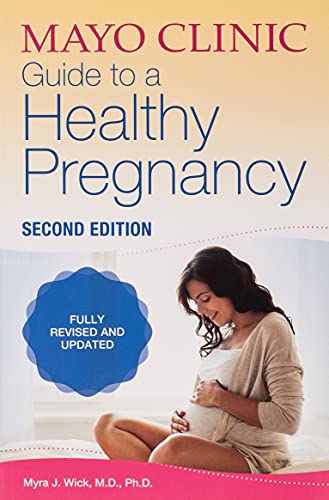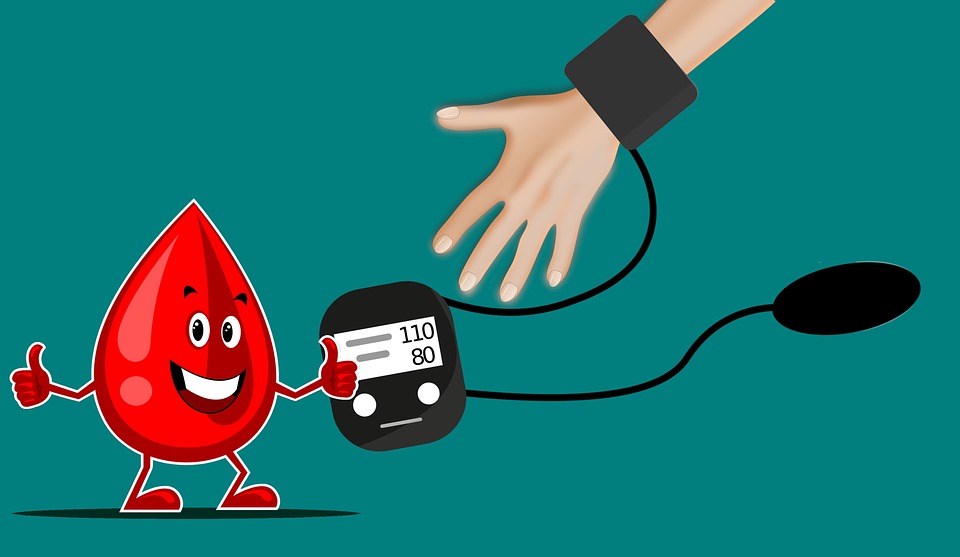Take Prenatal Vitamins for Important Nutrients.
Taking prenatal vitamins and consuming foods which contain vital nutrients and vitamins are crucial for bringing a healthy baby to term. Consuming a healthy diet serves both the mother and the growing fetus well throughout pregnancy, but taking specific vitamins is vital to ensure that the infant has everything it requires to grow and develop properly. Even for someone who eats well, taking the vitamins will give the mother’s body what it requires.
Key Ingredients in Prenatal Vitamins

While prenatal vitamins usually consist of about a lots of private vitamins, the 4 most essential consist of folic acid, iron, iodine, and calcium.
Since these systems develop early and roughly 50% of pregnancies are unintended, any woman of childbearing age should take about 400 micrograms (mcg) of folic acid every day, even before becoming pregnant. Nursing moms must continue to take them throughout lactation.
Calcium keeps a woman’s bones strong, as the child takes calcium from the mother to develop its own bone.
Iodine helps keep proper thyroid function and is vital to prevent deafness, extreme psychological disabilities, and stunted physical development. A deficiency of iodine can lead to miscarriage or stillbirth.
Iron enhances the blood of both mother and infant with oxygen and promotes development and advancement.
What should you’re looking for in a prenatal vitamin?
A perfect prenatal vitamin may consist of:
400 micrograms (mcg) of folic acid
400 IU of vitamin D.
200 to 300 milligrams (mg) of calcium.
70 mg of vitamin C.
3 mg of thiamine.
2 mg of riboflavin.
20 mg of niacin.
6 mcg of vitamin B12.
10 mg of vitamin E.
15 mg of zinc.
70 mg of iron.
150 micrograms of iodine.

These vitamins are available non-prescription. Some OTC brands might offer too little or too many specific vitamins and may vary in consistency and quality. Your supplier might also recommend that you take increased folic acid or other supplements independently, so as not to increase the concentration of other vitamins such as A, which can be harmful to the fetus in large quantities.
Negative Effects of Prenatal Vitamins.
Regardless of the significance of taking prenatal vitamins, some ladies find that taking the pills makes them upset in addition to constipated. In this case, your supplier might recommend that you buy a different brand name of vitamin, use a stool conditioner, take the vitamins with a snack, or switch to a liquid, soft chew, or soft gel type of the product. She or he might even desire you to take different folic acid, calcium with vitamin D, or iron supplements if absolutely nothing else works for you.
If you are pregnant, taking prenatal vitamins is vital for your health and that of your unborn child. Your physician or midwife at Rocky Mountain Women’s Health Center will discuss your options and more describe the significance of prenatal vitamins in fetal development to make sure a healthy child. Or read the right information in this book from the childbirth experts.






